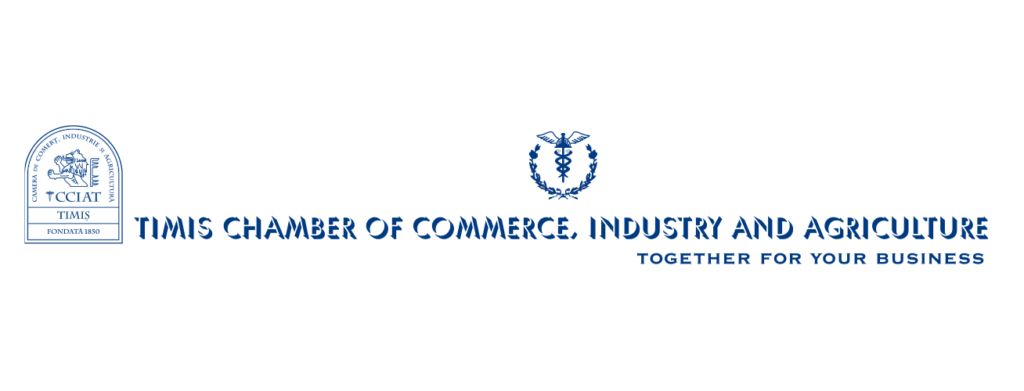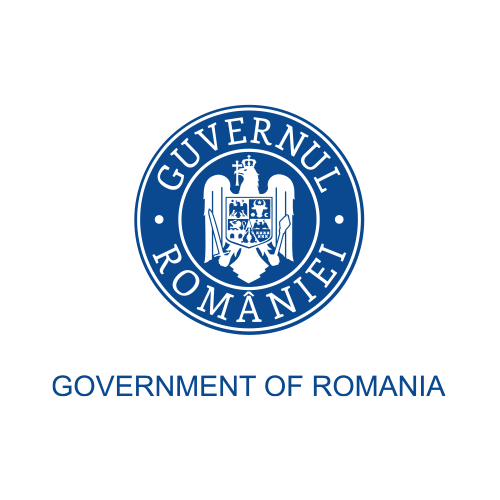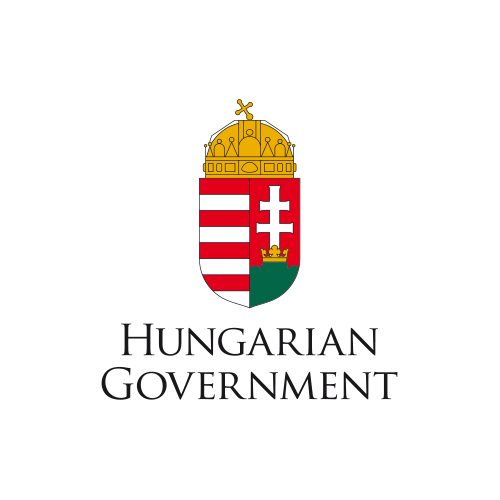
Timiș Chamber of Commerce, Industry and Agriculture
The lack of skilled labour is a serious problem on both sides of the border. While crossborder workforce mobility could partly solve this, there are no existing mechanisms for it – but there are several obstacles in its way (language barrier, inadequate transport connections, lack of information and networking, administrative differences, etc.). The fact that vocational training lost its attractiveness for the younger generations due to its low prestige is only exacerbates the issue.
To address this complex challenge, two approaches can be taken:
- On an individual level, people – jobseekers, but also students – must connect with companies (SMEs, for example) that can hire them and vocational schools that can provide training for them from both sides of the border
- On an institutional level, relevant actors in the field should work together in harmony to create a unified crossborder labour market fabric that can be easily navigated by them – and the students/jobseekers.
These methods can only be realized through ‘soft’ activities – events and programs that target these groups and try to bring them together.
The activities can be structured into two categories:
- Acquiring a deeper understanding about the needs of the target groups through research.
It involves the following elements: – case studies about best practices in similar cross-border areas of Europe, including recommendations for Romania/Hungary; – a study tour – for a
deeper look and understanding – on the site of one of the best practices identified in the case studies; – a survey about the exact needs of companies in the Romanian-Hungarian cross-border area; – a situation analysis (inventory of needs) will be elaborated about the supply of employees and the demand of employers on the region; – a cross-border regional strategy focusing on the lack of skilled labourers; and – an information event to promote the results and conclusions of the strategy.
- Providing information and professional support for the individuals about the scope of their possibilities through organizing Informational Events for the jobseekers, informing them about their working and training possibilities and the respective legislation on the other side of the border, printing information brochures containing the necessary legislative knowledge for jobseekers in the Romanian-Hungarian border area; creating an Info Point in Hungary; – organizing regular informational events for potential employees; – holding cross-border employment fairs as a meeting ground for companies and jobseekers; – facilitating joint workshops to improve labour matching; and – establishing a joint, bilingual online labour market database and website.
The events foreseen will encourage and support direct contact between the demand (i.e. companies) and supply (i.e. people) on both sides of the cross-border labour market.
Employment fairs – The most recognized event that provides a meeting platform to employers, recruiters and jobseekers is the job fair. Potential employees attend it to orientate
themselves in the current labour market offers and make a good impression on potential employers: they can fill out a résumé and ask questions (and vice versa). 2 employment fairs
will be organized in Timișoara, that will ensure the participation of 20 SMEs, multinational
companies, stakeholders and other institutions specialized in the labour market, while in
Szeged, 2 employment fairs will be organized, that will ensure the participation of at least 15 companies.
Joint workshops – CCIAT will organize two workshops in Romania in order to: enhance the cooperation of local labour market actors; improve labour matching and the employment situation of the eligible territory and support climate change mitigation through the development of green skills and green employment opportunities in sectors based on the local potential. These events are a bit different from the previous ones in terms of the target group,
but their results will hopefully manifest themselves during the employment fairs on the Romanian side: the discussions could open the possibilities for new kinds of job offers and joint activity areas.
In order to connect the different institutions from the Romanian and Hungarian side of the border a cross-border institutional partnership network will be created, to facilitate the sharing of knowledge/transfer of experiences and provide them with the necessary information and capacity to assist the actual jobseekers and guide the younger generations towards the professions that are the most needed locally, practical and more personal study tours, seminars and professional conferences will be organized.
Seminars – 8 seminars will be carried out: 4 seminars (1 in Romania and 3 in Hungary) for labour, tax- and social aid offices and 4 seminars in Hungary for employment offices (with the same specifications) in order to inform each other about the novelties, trends and new legislations on the other side of the border.
Study tours in Hungary – two study tours will be organized in Hungary, mainly for the representatives/employees of CCIAT and the representatives/teachers of training centers and
schools from Romania. During the events, they can get acquainted with the Hungarian vocational training system and visit the (newly developed) practical training sites as good practices.
Study tours in Romania – CCIAT will organize two study tours in Romania. Each partner will select the representatives who will take part in this experience exchange – overall, 10-10 representatives from the Romanian and Hungarian partners. The goal is similar to the study tours’ in Hungary, only vice versa, and focusing only on the project partners.
Professional conferences – HE and CCIAT will organize professional conferences in Romania and Hungary regarding the topics addressed by the JEDI project. The 2-day events will serve as best practice presentation opportunities and support the establishment of professional connections between the different stakeholders, beside promoting the project and the Interreg ROHU programme’s goals.

